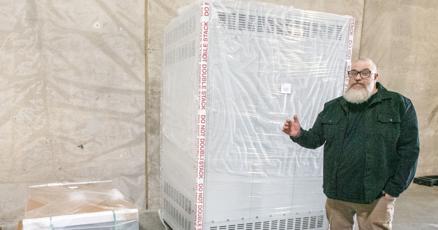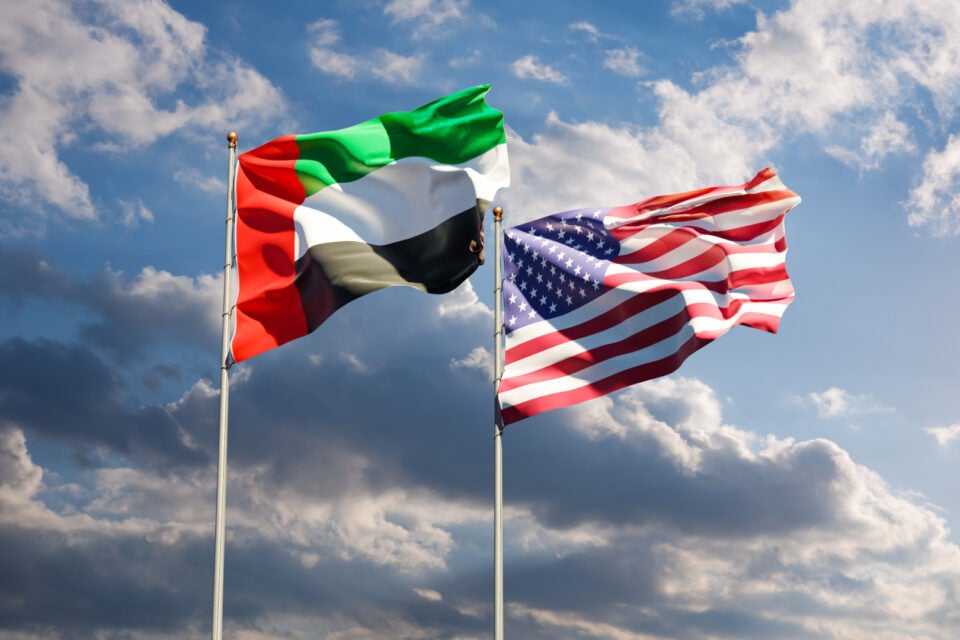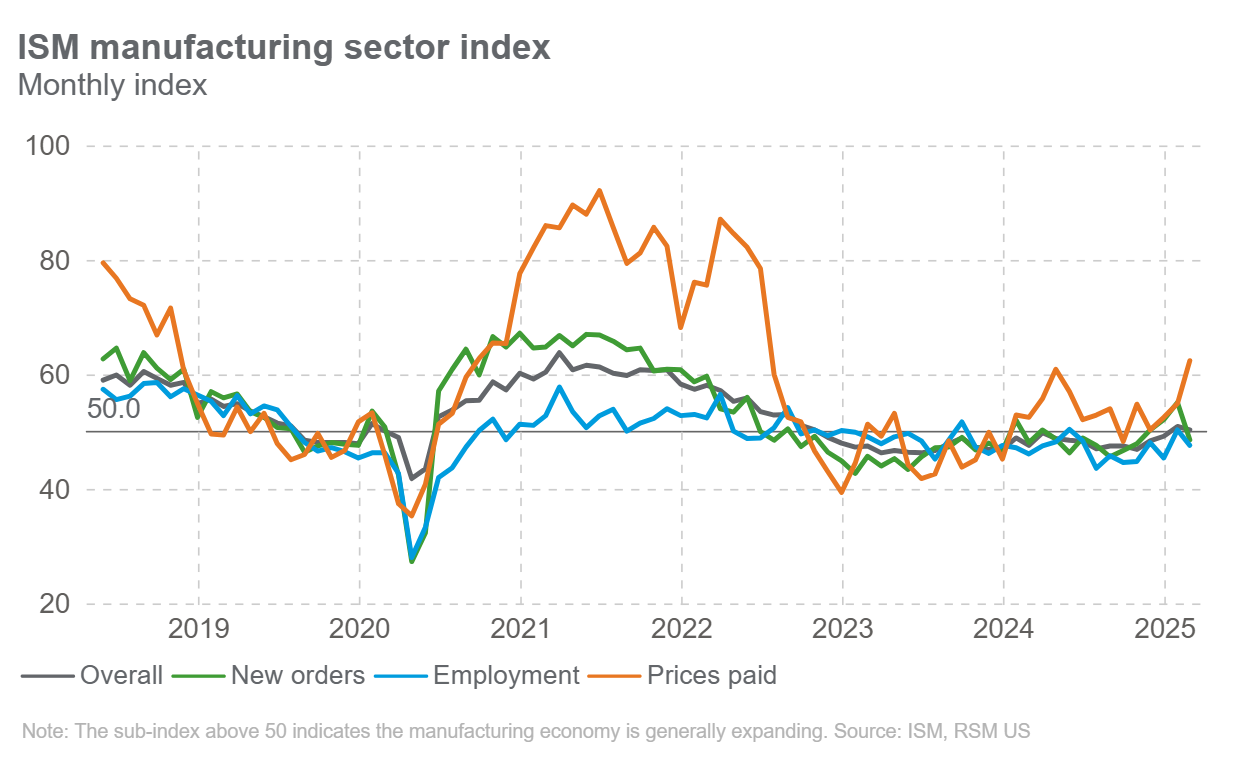Pharma Powerhouse Trembles: How Trump's Trade Tariffs Could Shake Ireland's Economic Foundations
Manufacturing
2025-04-21 08:30:00Content
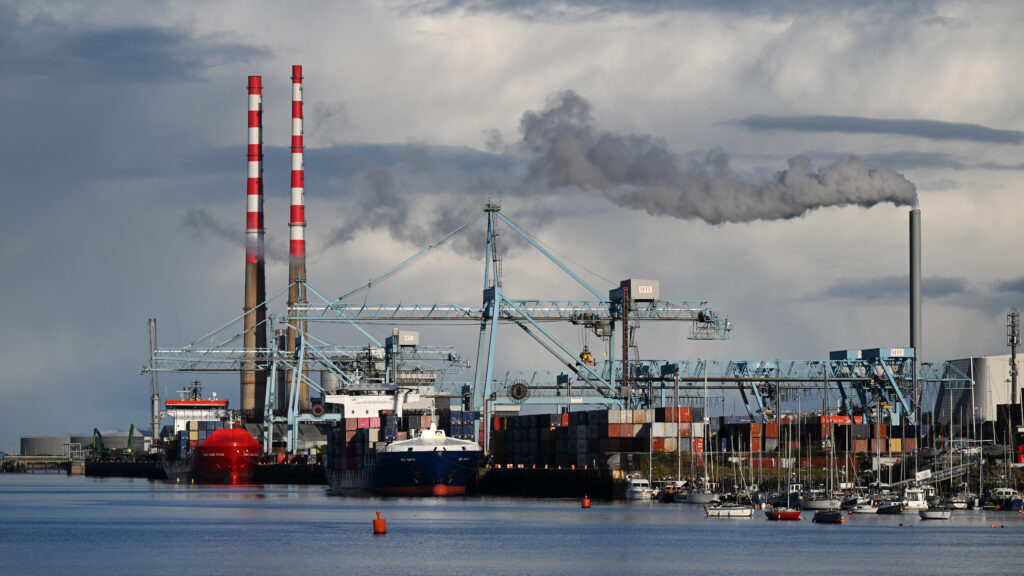
As the pharmaceutical industry braces for potential trade disruptions, President Trump is zeroing in on Ireland with a targeted approach to pharmaceutical tariffs. The administration's crosshairs are firmly set on the emerald isle, which has long been a strategic hub for global pharmaceutical manufacturing and research.
Ireland, known for its attractive corporate tax environment and skilled workforce, has become a key location for many international pharmaceutical giants. Trump's proposed tariffs suggest a complex geopolitical strategy that could significantly impact the global pharmaceutical supply chain and Ireland's economic landscape.
The potential trade measures signal a broader narrative of economic pressure and strategic repositioning in the international pharmaceutical market. With Ireland's pharmaceutical sector playing a crucial role in global drug production and innovation, the impending announcement has industry leaders and policymakers on high alert.
As tensions mount, the pharmaceutical world watches closely, anticipating the potential ripple effects of these proposed tariffs and their implications for international trade, medical innovation, and economic relationships between the United States and Ireland.
Trade Tensions Escalate: Trump's Pharmaceutical Tariff Strategy Targets Irish Pharmaceutical Industry
In a dramatic move that could reshape international pharmaceutical trade dynamics, the Trump administration is preparing to unveil a controversial tariff strategy with potentially far-reaching consequences for global pharmaceutical supply chains, with Ireland emerging as a primary focal point of this complex economic maneuver.Navigating Geopolitical Pharmaceutical Battlegrounds: A High-Stakes Economic Confrontation
The Strategic Significance of Ireland's Pharmaceutical Landscape
The pharmaceutical sector in Ireland represents a critical nexus of global medical manufacturing, with numerous multinational corporations establishing sophisticated research and production facilities across the country. Ireland's strategic positioning as a pharmaceutical hub has attracted significant foreign direct investment, creating a complex ecosystem of innovation, research, and manufacturing that extends far beyond traditional economic boundaries. Multinational pharmaceutical giants have long recognized Ireland's unique combination of favorable corporate tax structures, highly educated workforce, and robust regulatory environment. These companies have invested billions in state-of-the-art facilities, transforming Ireland into a global pharmaceutical powerhouse that generates substantial economic value and technological innovation.Trump Administration's Targeted Economic Pressure
The proposed tariffs represent a calculated diplomatic and economic strategy designed to recalibrate international trade relationships. By specifically targeting Ireland's pharmaceutical industry, the Trump administration signals a nuanced approach to global trade negotiations, leveraging economic instruments to achieve broader geopolitical objectives. Experts suggest that these tariffs could potentially disrupt established supply chains, forcing pharmaceutical companies to reevaluate their international manufacturing strategies. The potential economic ripple effects extend beyond immediate trade considerations, potentially impacting research investments, employment patterns, and global pharmaceutical pricing structures.Economic and Diplomatic Implications
The proposed tariffs underscore the increasingly complex relationship between trade policy, pharmaceutical innovation, and international diplomacy. Ireland's pharmaceutical sector, which has historically maintained strong transatlantic relationships, now finds itself at the epicenter of a high-stakes economic confrontation. Pharmaceutical industry analysts predict that these tariffs could trigger significant restructuring of global supply chains, potentially compelling companies to diversify their manufacturing locations and reassess their international investment strategies. The move represents a sophisticated economic chess game with potentially profound long-term consequences for international trade dynamics.Global Pharmaceutical Supply Chain Disruption
The targeted approach against Ireland's pharmaceutical industry highlights the Trump administration's willingness to use economic leverage as a diplomatic tool. By strategically applying pressure on a key sector of Ireland's economy, the administration seeks to create leverage in broader international trade negotiations. Pharmaceutical companies operating in Ireland will likely need to develop sophisticated contingency plans, potentially exploring alternative manufacturing locations, restructuring supply chains, and developing more resilient business models capable of withstanding sudden regulatory changes.Technological and Innovation Considerations
Beyond immediate economic implications, the proposed tariffs raise critical questions about the future of pharmaceutical research, development, and global collaboration. Ireland's pharmaceutical ecosystem has been characterized by significant investments in cutting-edge research and development, attracting top-tier scientific talent from around the world. The potential disruption caused by these tariffs could have unintended consequences for ongoing medical research initiatives, potentially slowing innovation and creating uncertainty in an already complex global pharmaceutical landscape.RELATED NEWS
Manufacturing

Lone Star Solar Surge: Texas Blazes Renewable Trail Beyond Political Headwinds
2025-03-22 14:31:55
Manufacturing
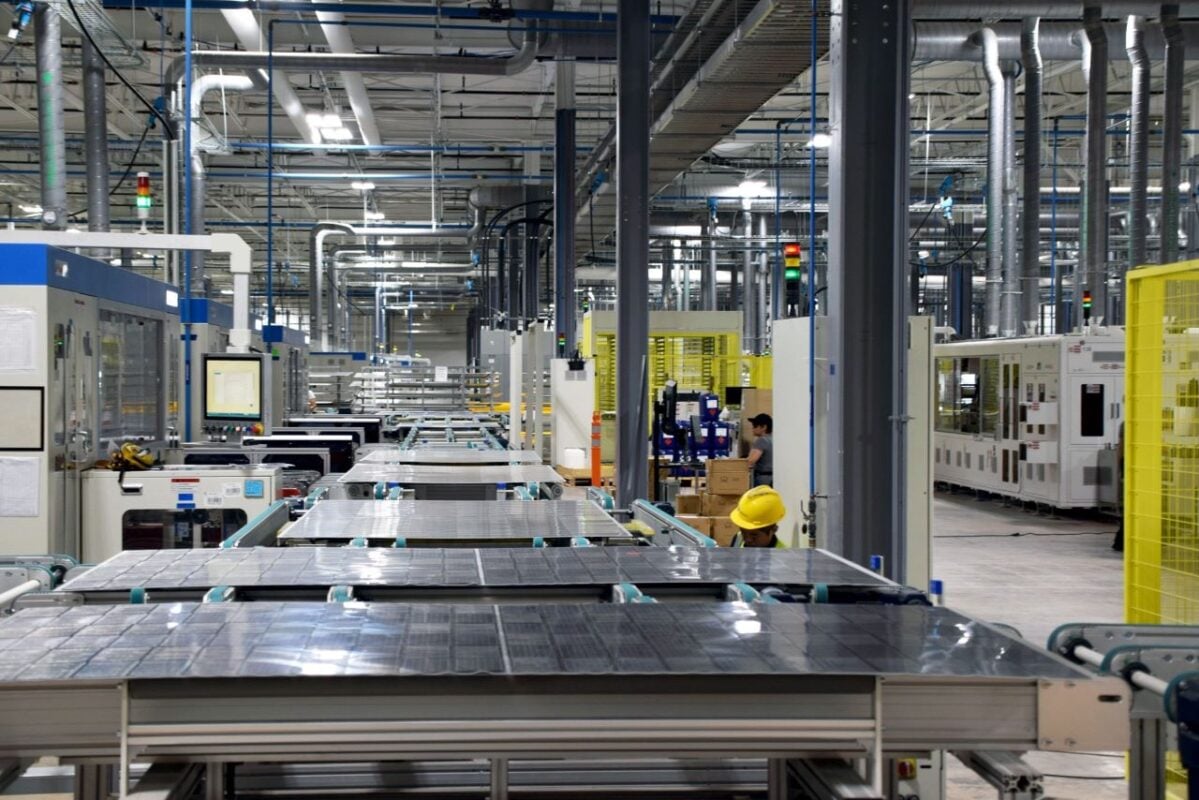
Solar Giant Canadian Solar Squeezed: Tariff Pressures Trigger Potential Manufacturing Exodus
2025-05-01 14:00:48
Manufacturing

Automation Revolution: Daniel Vrana Reveals Game-Changing Implementation Strategies
2025-03-22 15:00:00

